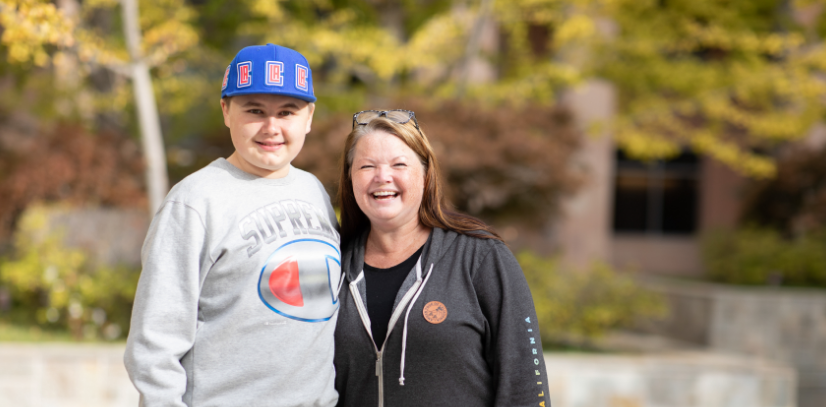
The race against the clock to develop treatments and vaccines for COVID-19 has brought the importance of science and STEM education to the fore. As we’re coming to see, investments we make in science can have a significant impact on the well-being of humanity.
But while this pandemic has shone a light on the relevance of science to our lives and livelihoods, it has also presented significant challenges in how we introduce, experience and access education. Schools are struggling with how to keep kids engaged through remote learning and are facing tremendous financial pressure as they navigate how to re-open.
Students are also confronting significant headwinds as they enter the 2020 school year — with many having fallen behind from disruptions caused by the pandemic. (Researchers at Brookings have estimated that when compared to normal conditions, students will be down between 30% and 50% of learning gains from the past year, depending on the subject.)
This is why the Amgen Foundation is doubling down on our commitment to science education and access. We’re proud to expand our partnership with Khan Academy, renewing a $3 million grant to support several key learning initiatives. Khan Academy provides free online learning for students of all ages, and the grant will fund its virtual biology lessons; partnerships with school districts facing budget shortfalls; and a collaboration with LabXchange, a new online science learning platform launched by Harvard and the Amgen Foundation earlier this year.
Part of the renewed funding will support two school districts in Southern California, strengthening communities where Amgen staff members work and live. Both districts, Paramount Unified School District and Hueneme Elementary School District, serve primarily students of color and face looming budget shortfalls in the wake of the pandemic.
Science as a field of study is characterized by a constant pushing, an inexorable drive to improve upon existing knowledge and models. It’s therefore fitting that both Khan Academy and LabXchange deliver an enhanced way to learn the subject.
With virtual tools, students need not simply read about scientific principles in textbooks and try to commit them to memory by rote — without the context that enables true understanding. Rather, students can access immersive experiences that bring together videos, articles, animations, and interactive exercises for a full picture of scientific concepts. LabXchange even offers virtual lab capabilities where students can design and run experiments, allowing them to put the scientific method into practice right from their own homes. And these types of experiences are especially important for keeping students engaged, especially as many of them won’t be returning to the classroom this fall.
In speaking with students from around the country, I hear the same sentiment over and over again: Science is, well, cool. Science classes? Not so much. Through our partnership with Khan Academy and our development of LabXchange, we at the Amgen Foundation have set out to make science education as ‘cool’ as science itself — and to ensure more equitable access to the resources that help students succeed.